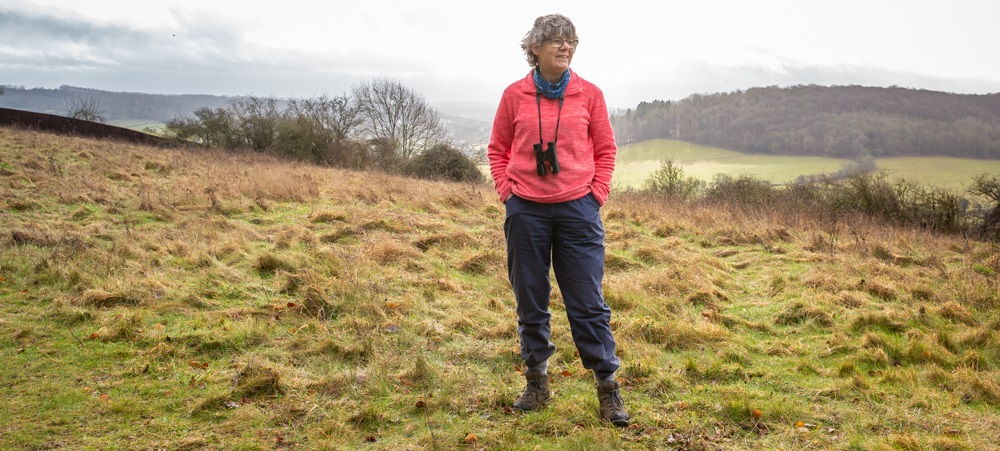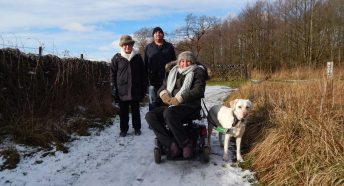Kate Ashbrook: a life in campaigning
Kate Ashbrook has spent her career defending rural Britain and opening up access to the countryside and green spaces. Here, she tells CPRE what got her started on this path, shares her proudest achievement and gives her tips for effective campaigning.
I was a pony-mad child. So when I was 10 and a friend of mine told me she was going on a riding holiday at Easter, I precociously asked if I could come too. And I’ve been going back to that same lovely farm, near Peter Tavy in Devon, ever since.
In my teens, I realised just how special the wilderness of Dartmoor really was. At that time I was also becoming interested in fighting for the countryside. At the age of 16 I went on my first protest march – a battle over gravel pits near my home village of Denham in south Buckinghamshire – and got a taste for campaigning.
Dee Ivey, who owned Hillbridge Farm, introduced me to the great campaigner Sylvia Sayer. I was 17 and she was 68 but we hit it off instantly. I’d seen her speaking in defence of Dartmoor at a public meeting and thought she was wonderful. She was completely fearless, so I did my best to copy her.
While I was at Exeter University I spent much of my time going to public inquiries, defending Dartmoor. I got into it by doing it.
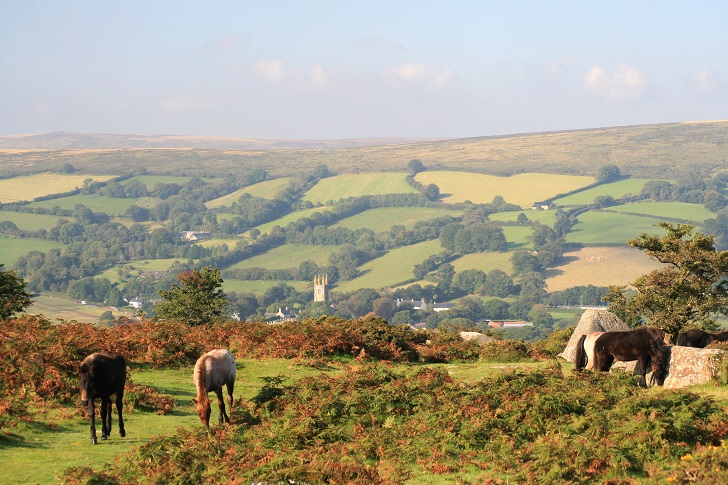
After university I stayed on in Devon and took a secretarial course, which was a good move. It meant I could always get a bit of temping work to fit around campaigning. In 1974, I became a committee member of the Dartmoor Preservation Association (DPA), one of the venerable National Park societies, founded in 1883.
Standing up for the countryside
When the DPA’s secretary died suddenly and there was no one else to take over, I said I’d do it. At the age of 25 I was its youngest secretary and that was a terrific experience: I had the entrée to meetings, I wrote the newsletter; I was able to be in on everything.
I was also a member of the Ramblers, and in 1982 I had the opportunity to go to its AGM as a county delegate. Its vice-chair at the time, David Rubinstein, was keen to help young people like myself. He suggested I stand for the executive committee.
I put my name to the vote, not expecting to be elected because few people knew me. But, probably because I was young and female, people voted for me, and suddenly I was on a national executive committee.
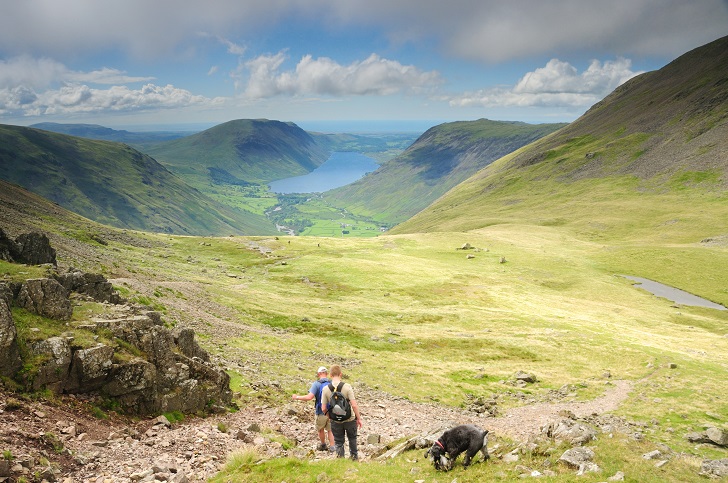
Later that year I was contracted by the Ramblers to go around the country, interviewing people and visiting sites in order to write the Ramblers’ submission to the Countryside Commission on the future of the uplands. That was a fantastic education.
Meanwhile Sylvia Sayer always looked out for me. When in 1978 she stood down from the committee of Commons, Open Spaces and Footpaths Preservation Society [as the Open Spaces Society was then known], she recommended I take her place, which I did for six years.
I was appointed as the society’s employed general secretary in 1984. The committee had decided it wanted to employ a campaigner in place of a lawyer to head the organisation so it was a job made for me.
In 1995, at the age of 40, I became chair of the Ramblers. I was the youngest-ever and first female chairperson, which attracted a lot of press attention.
The press was sometimes pretty hostile, but you should never run away from publicity. It’s fundamental to campaigning – you just need to work out what you want to get from it. I was frequently on the Farming Today programme, arguing with hostile landowners which gave me a real buzz.
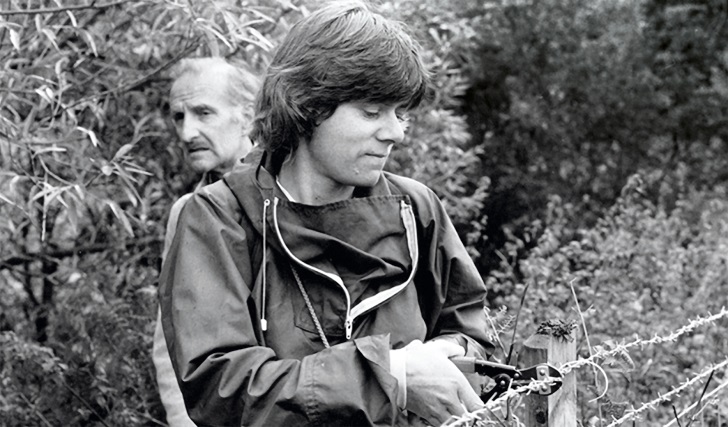
Legal landmarks
I’m pleased about the part I played in getting the Countryside and Rights of Way (CRoW) Act 2000 passed, although I’d be the first to say it didn’t go far enough. Another victory was the reopening of Framfield footpath number nine in East Sussex, also known as the ‘Hoogstraten footpath’.
Everyone locally was afraid to deal with Nicholas van Hoogstraten, the landowner who had built over the right of way. In January 2000 the Ramblers took his company, Rarebargain, to court for footpath obstruction and won, but that didn’t change anything.
When the CRoW Act was going through parliament a few months later we won a new section to address this. It says that if a path is persistently blocked, those responsible can be charged a daily fine and forced to remove the obstruction.
As soon as this took effect I decided I was personally going to test it. I did so, going to the magistrates’ court many times but, despite clocking up £97,000 in fines, Rarebargain did nothing to clear the path. I then took East Sussex County Council to court for failing to follow its own policy and reopen the path, and I won in the Court of Appeal.
Eventually, with the Ramblers’ help, we were able to clear the path. People say they joined the Ramblers because of that campaign.
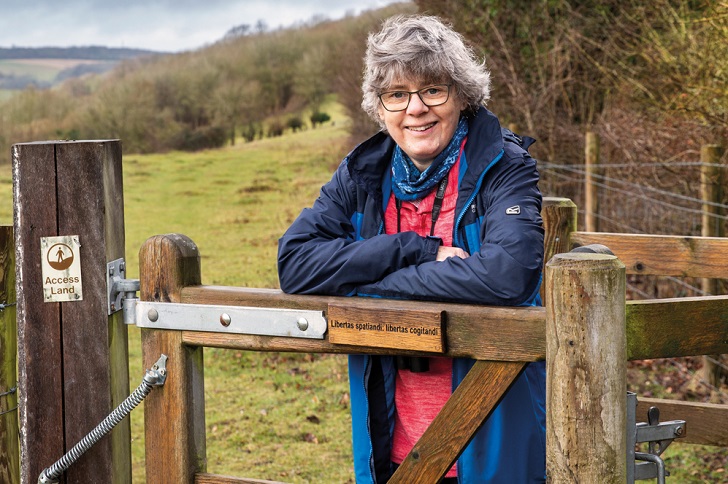
We do see the same old issues coming up: blocked paths, encroachments on common land and all that. But I think that ramblers vs landowners isn’t quite so stark as it used to be.
I think that’s partly because the things landowners said would happen after the CRoW Act, like people poking into their backyards and stealing from their garages, just didn’t happen — as we all knew they wouldn’t. So landowners haven’t really complained about the CRoW Act because there’s nothing to complain about.
Anyone can be a good campaigner. It helps to be determined, self-confident, lucid, clear thinking, and able to inspire others. But the main thing is that you care deeply about the thing you want to save, or to change.
I think we have to say it as it is, and be bold, because we only get one chance at these things.
Kate Ashbrook is general secretary of the Open Spaces Society, patron of the Walkers Are Welcome Towns network, and a former chair of the Ramblers and Campaign for National Parks. Read Kate’s latest news and find a wealth of campaigning information at CampaignerKate.
A version of this article was originally published in CPRE’s award-winning magazine, Countryside Voices. You’ll have Countryside Voices sent to your door three times a year, as well as access to other benefits including discounts on attraction visits and countryside kit from major high street stores when you join as a CPRE member. Join us now.
